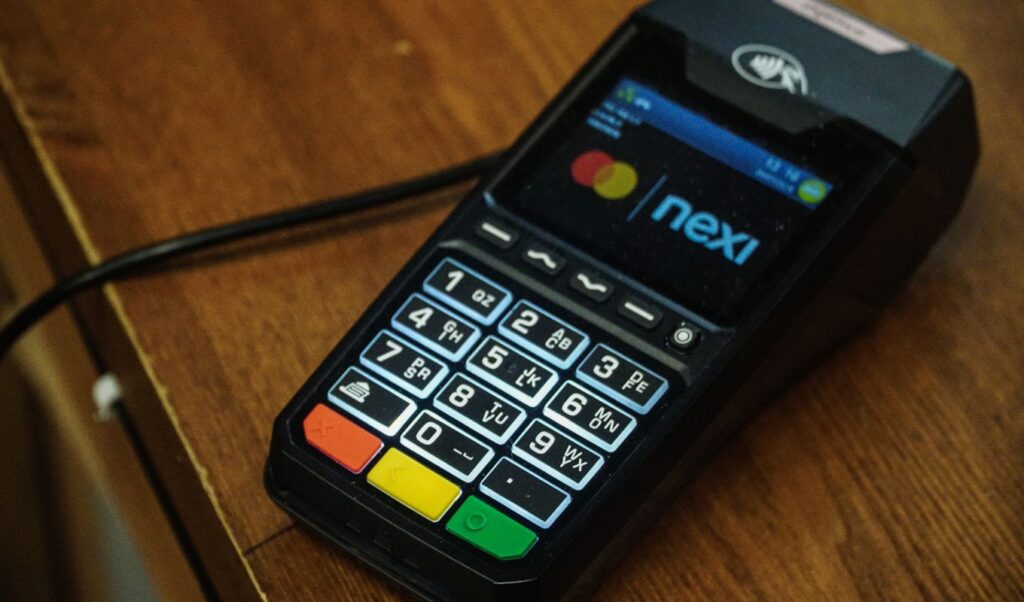Taxpayers who continue to make payments by card or other electronic means in 2026 to professionals considered high-risk for tax evasion will be rewarded with extra tax deductions. These include lawyers, electricians, plumbers, hairdressers, photographers, taxi drivers, fitness trainers, and others. Additionally, for another year, expenses for medical, dental, and veterinary services will count double toward covering 30% of annual actual income through electronic payments. The Ministry of Finance has decided to extend tax incentives for using electronic payment methods for the 2026 tax year.
Specifically, with a new provision to be incorporated into the new tax bill with measures from the Thessaloniki International Fair, the following is extended for 2026:
1. A deduction from the taxable income of individuals of 30% of expenses made through electronic payment methods to specific professionals, up to 5,000 euros annually. For expenses of 5,000 euros, the income deduction amounts to 1,500 euros; for 10,000 euros, it’s 3,000 euros; and for 15,000 euros, it’s 4,500 euros. However, if someone has expenses of 20,000 euros, 30% of expenses (6,000 euros) will not be deducted from their income, but rather the amount of 5,000 euros, which is the upper limit. The deducted amount cannot exceed the total actual income from employment and pensions, business activity, and real estate of the individual. That is, if someone declares an annual income of 4,500 euros and the amount to be deducted based on expenses amounts to 5,000 euros, this will be automatically limited to 4,500 euros.
Tax deduction: These professionals you should pay with card
Expenses that lead to extra tax deductions concern payments for veterinary services, plumbing work, refrigeration technicians, heating maintenance, electrical work, insulation work, masonry, plastering, tile installation, carpentry work, roof and window installation, sheet metal work, etc., concrete work, taxi services, hair salons, barbershops and beauty shops, funeral services, massage services, physical wellness services, cleaning services and household services, photo development, dance schools, gyms and subscription leisure activities, various leisure services, personal care and nursing (excluding hospital activities), legal services, and childcare services.
Expenses must be made through electronic means: debit or credit cards, prepaid cards, e-banking, IRIS, e-wallet, PayPal. The tax reduction applies exclusively to the taxpayer making the expenses, and any excess amount cannot be used by the other spouse or cohabitation partner, as applies with covering 30% of income through electronic receipts. For example, if the taxable income reduction based on expenses is 6,000 euros, exceeding the annual upper limit of 5,000 euros, the excess amount of 1,000 euros is not deducted from the spouse’s income.
2. Electronic receipts from doctors, dentists, orthodontists, osteopaths, chiropractors, ophthalmologists, chiropodists, podiatrists, and other paramedical services “count” double toward covering 30% of taxpayers’ income with electronic expenses. For example, a 100-euro fee for a medical visit, when paid through credit or debit card, will count as a 200-euro expense toward covering 30% of income.




